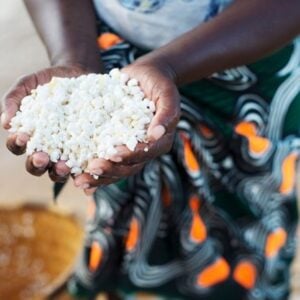Recent global trade uncertainties and rising tariffs are impacting Landlocked Developing Countries (LLDCs) more severely than their coastal counterparts. According to the United Nations Development Programme (UNDP), each 1% rise in global tariff rates results in a 4% drop in LLDC trade volumes, causing a significant decline in national incomes. A new UNDP policy paper, An Economic Diversification Push for LLDCs: Achieving the Awaza Programme of Action, released at the Third UN Conference on LLDCs in Turkmenistan, highlights the urgency for these nations to adopt diversification strategies to better navigate shifting trade dynamics.
LLDCs already face structural disadvantages, including dependence on neighboring transit countries, longer shipping times, and exposure to commodity price shocks. These factors contribute to GDP levels that are approximately 20% lower than those of similar coastal economies. New U.S. tariff hikes may further entrench these countries in vulnerable economic patterns unless proactive policy reforms are adopted.
The policy paper outlines two potential scenarios. The first is a business-as-usual trajectory where LLDCs continue to rely heavily on unprocessed primary commodity exports, making up 82% of their trade. This scenario would leave LLDCs contributing only 1.3% of global exports and dealing with trade costs 1.4 times higher than those faced by coastal countries. The second is a strategic diversification path that encourages LLDCs to broaden their economic base, strengthen regional trade ties, and tap into emerging markets.
In this more optimistic scenario, LLDCs would pivot towards regional markets and non-traditional partners like the European Union and China. China, in particular, plays a pivotal role through its Belt and Road Initiative, offering critical infrastructure and connectivity that help LLDCs access global markets. Strengthening these ties could lead to more diversified exports, greater value-added production, and deeper integration into regional supply chains.
UNDP’s Ivana Zivkovic emphasized that geographic constraints need not define LLDCs’ futures. By implementing targeted reforms—particularly those that reduce dependence on traditional transit arrangements—governments can transform structural challenges into sustainable growth opportunities. The push for economic diversification is now more urgent than ever.
The paper concludes that as global trade patterns shift, LLDCs can reposition themselves strategically if they adopt timely, forward-thinking policies. Aligned with the Awaza Programme of Action, UNDP recommends enhanced regional cooperation, South-South partnerships, and increased investment in both digital and physical infrastructure as key to long-term resilience and prosperity.






